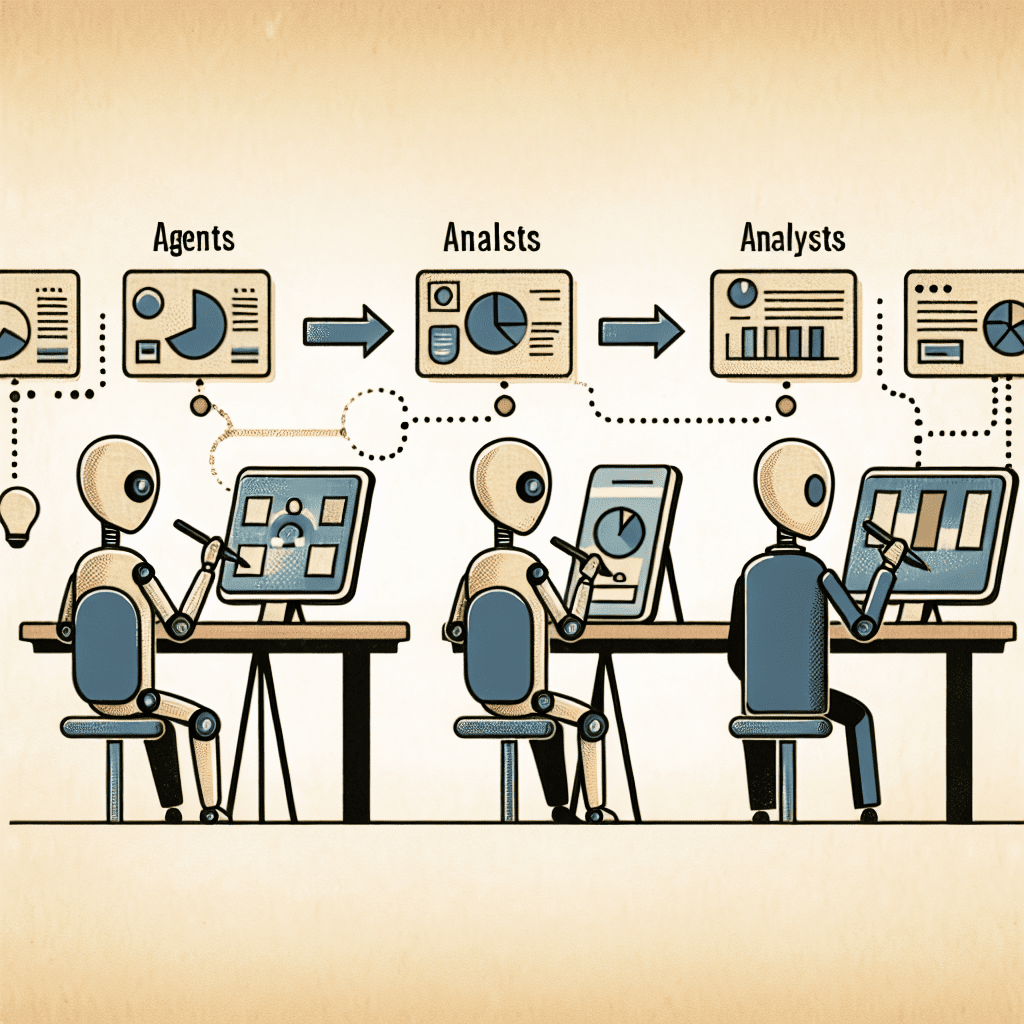Why the future of marketing belongs to teams that train AI like strategists, not shortcuts
Let’s skip the hype and get to the point. The real shift in AI marketing right now isn’t about making things faster; it’s about making them smarter. And not generically smarter, either. We’re talking about AI that actually understands your brand, your tone, your regulatory headaches, and knows how to behave like a seasoned team member, not a glorified intern.
HubSpot’s latest framework, developed with research firm Zappi, spells this out with unusual clarity. Instead of tossing AI at a problem and hoping for the best, they’re treating AI agents like specialized collaborators. You train one to generate legally compliant copy, another to evaluate packaging design. Then you link them together in a chain, where one AI’s output becomes another’s input. Some setups even include a “meta-agent” that oversees the whole operation, like a project manager who never sleeps.
It’s not automation in the lazy sense. It’s structured, layered, and honestly, kind of elegant. Especially for marketers in finance, healthcare, or anywhere else where a rogue phrase can land you in hot water. This approach doesn’t just scale content; it protects it, from tone-deaf messaging, from compliance slip-ups, from brand drift.
Better Inputs, Smarter Outputs
But here’s the thing: even the most sophisticated AI chain is only as good as the data feeding into it. Which brings us to the next piece of the puzzle—research. Not the kind you skim before a pitch meeting. We’re talking deep, structured, source-cited research that actually informs strategy.
HubSpot’s recent comparison of ChatGPT, Gemini, and Perplexity cuts through the noise. Each tool has its own flavor. ChatGPT’s strength is context retention. It remembers what you asked three prompts ago and builds on it, which makes it surprisingly good at shaping long-term content strategies. Gemini, being part of Google’s world, leans into real-time search and audio summaries. It’s fast, but it also plays well with your existing stack. Perplexity? That one’s all about speed and source transparency. No mystery links. No guessing where the data came from.
Used together, these tools don’t just help you research faster; they help you think better. You’re not just speeding up research. You’re building a smarter foundation for strategy. And when you plug that research back into your trained AI agents, you get a loop—a system that learns, creates, and improves with every cycle.
Big Results, Small Budgets
Now, let’s zoom out for a second.
Not every team has the budget to build a full AI
research-to-content pipeline. But that doesn’t mean you’re stuck. HubSpot’s round-up of low-budget campaigns that still delivered real ROI is worth a glance. From scrappy influencer partnerships to clever UGC plays, the common thread is clarity. These brands knew exactly who they were talking to and didn’t waste a cent chasing everyone else.
SEO Needs Substance
Meanwhile, a reality check from Ahrefs: SEO alone won’t save you anymore. Not if your content is lazy. Not if your site is just a keyword farm wearing a trench coat. Google’s gotten better at sniffing out fluff, and audiences have too. The takeaway? SEO still matters, but only if it’s paired with something worth ranking. Like, say, research-informed content written by an AI agent who knows your brand voice better than your junior
copywriter.
Watch Your International Traffic
And if you’re working across markets, here’s a curveball: Google’s auto-translations might be quietly rerouting your international traffic. According to Ahrefs, Google is increasingly showing translated versions of your pages in search, without sending users to your actual site. That means you could be losing visibility, clicks, and conversions in non-English markets without even realizing it.
The Common Thread
So what’s the thread here?
Smart marketing teams aren’t just using AI. They’re training it. They’re feeding it better inputs. They’re pairing it with real strategy. And they’re paying attention to the places where invisible losses, like search traffic or brand tone, can quietly erode performance.
You’re not just doing more with less. You’re making better decisions with what you’ve got.
That’s it for today, folks.
Catch you in the next post.
Until then, keep building.
– Perfect Sites Blog

